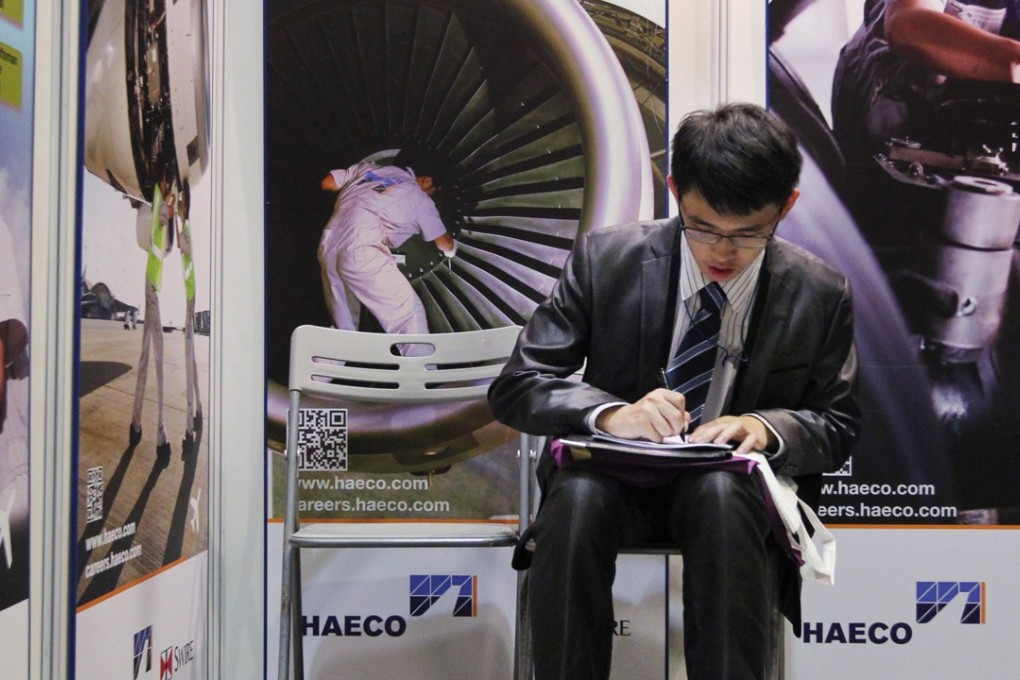EdTalk | Hong Kong and Macau graduates of Chinese universities find limited job prospects
Studies show Beijing’s plans to integrate Hong Kong’s students are stifled by mainland bureaucracy and insufficient career development support in Hong Kong

On July 1, last year, the Hong Kong and Macau governments agreed to work more closely with Guangdong’s major cities for the economic development of southern China’s Greater Bay Area. Their pact signalled more people-to-people integration, and highlighted policies to attract Hong Kong and Macau high school students to mainland Chinese universities. So, educators might ask whether such measures have helped these students look for jobs and build careers across the border after their graduation.
Increasing numbers of Hong Kong and Macau students are studying in mainland China. There were 10,307 Hongkongers studying across the border in 2008 and 15,483 in 2016, according to the Ministry of Education. Meanwhile, the Macau Education and Youth Affairs Bureau reports a gradual influx to mainland China, and the China Educational Statistics Yearbook 2016 noted there were nearly 6,000 Macau past or current students across the border.
However, a Beijing Institute of Hong Kong and Macau Scholars survey in 2017 revealed how these graduates fared in mainland China’s job market. Its 310 respondents consisted of 134 men and 176 women, of whom 202 were Hong Kong residents and 108 were from Macau. Of these, 252 were undergraduates, 46 were master’s students, and 12 were doctoral students.
The survey also found 224 students (72 per cent) had settled in mainland China without any direct relatives, and were indeed the “first generation of explorers in the mainland”. However, while 81 per cent of respondents wished to work in mainland China after their graduation, only 37 per cent of respondents found jobs, the survey said. So the researchers conducted field interviews to learn more about these Hong Kong and Macau graduates’ job search and career development experiences.
Their further study found that many of these Hong Kong- and Macau-based graduates had difficulty in looking for jobs, thanks to their “vague identities”. More specifically, these Hong Kong and Macau graduates experienced:
• The prolonged and burdensome procedure in applying for working permits, since they lacked the right kind of household registration in the mainland.
• The excessive cost of required health examinations.
